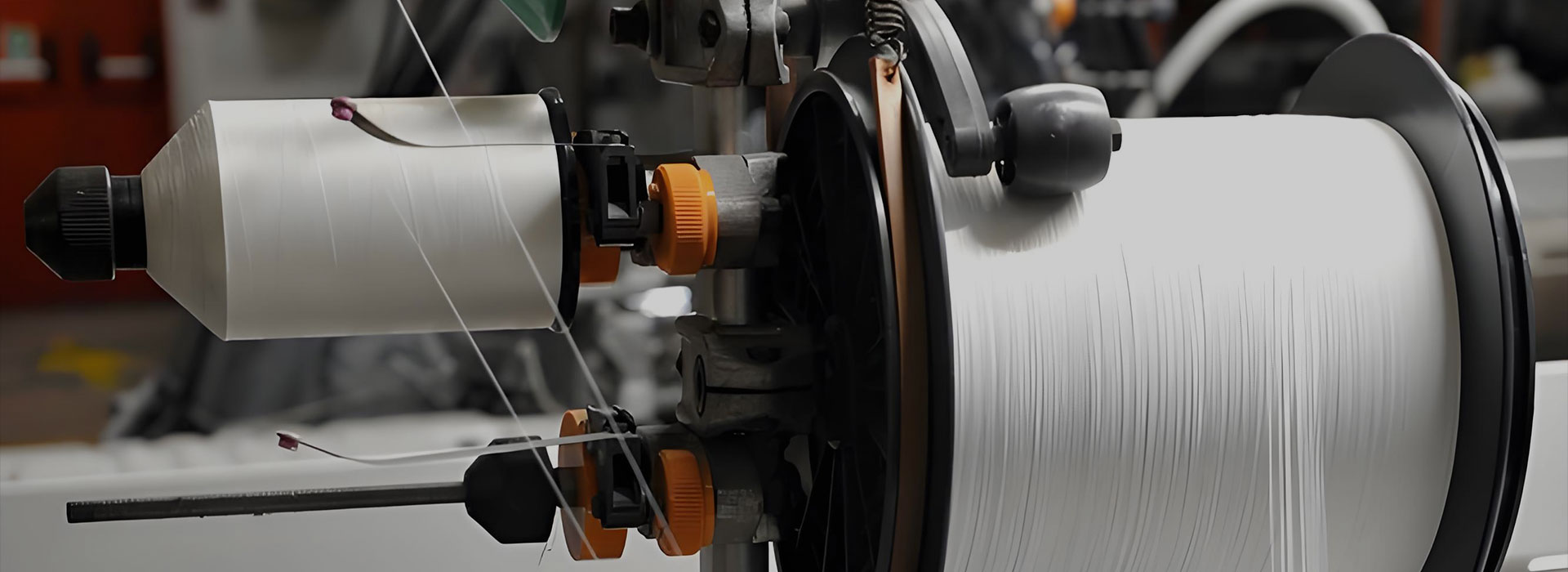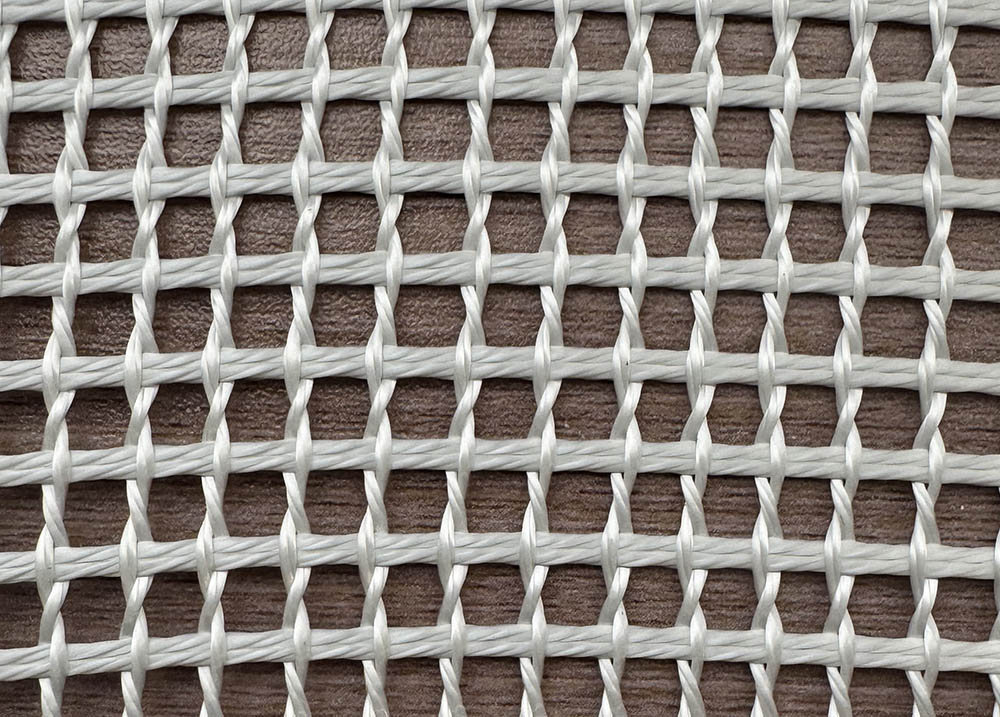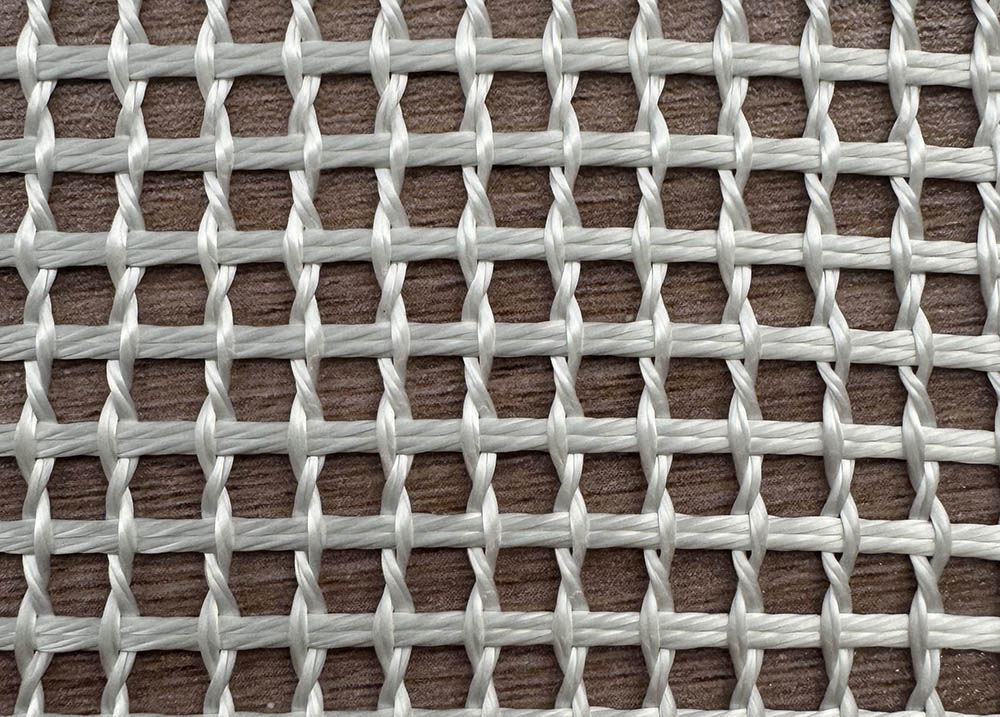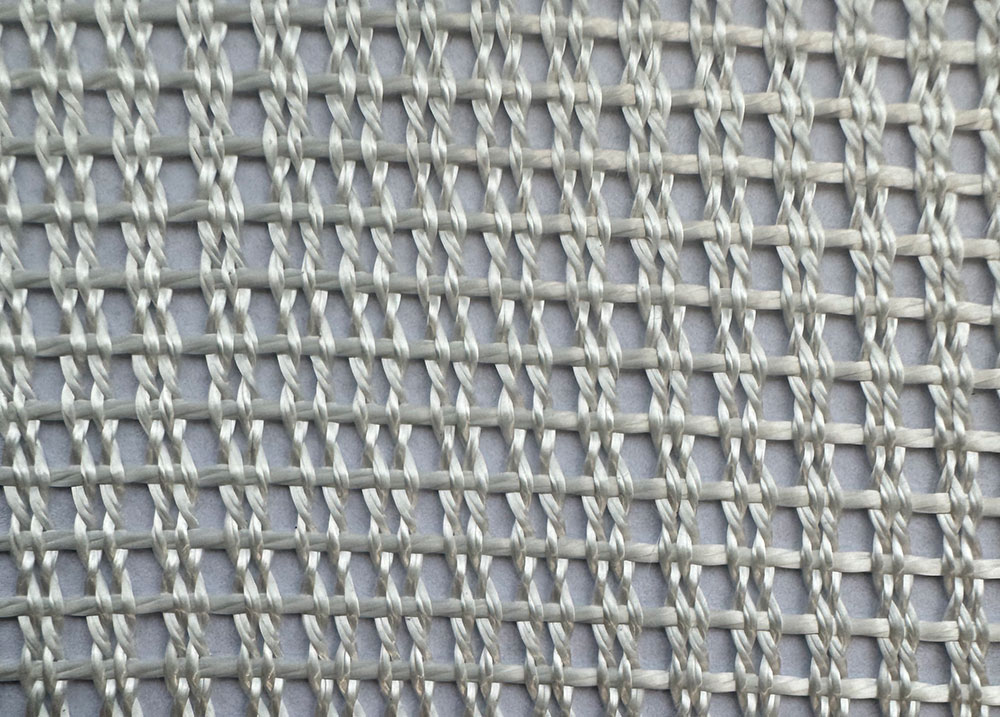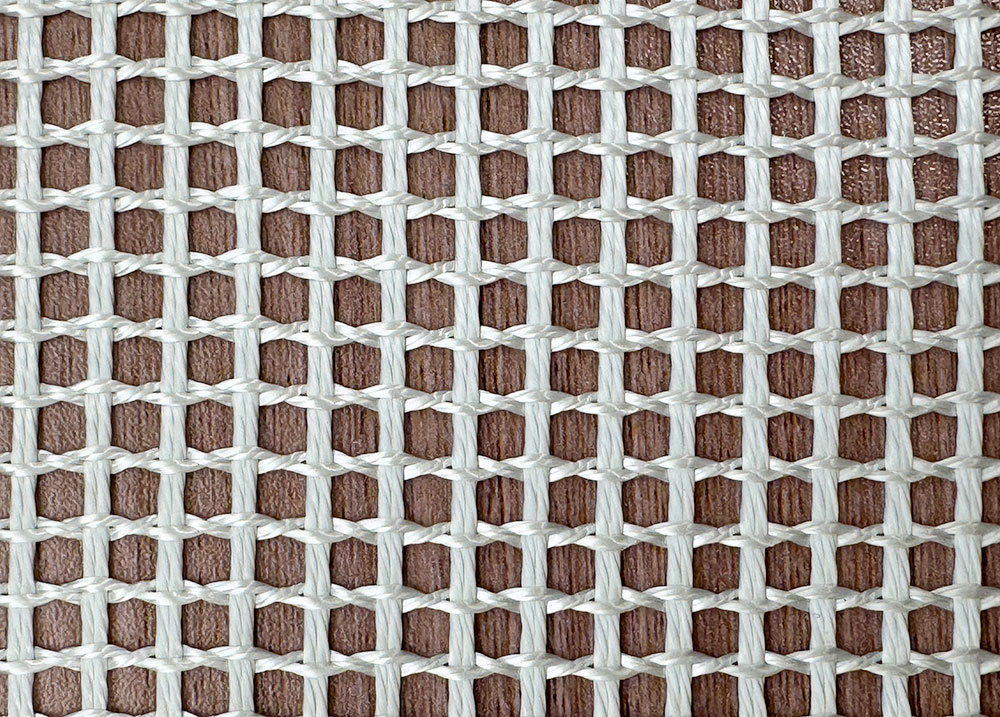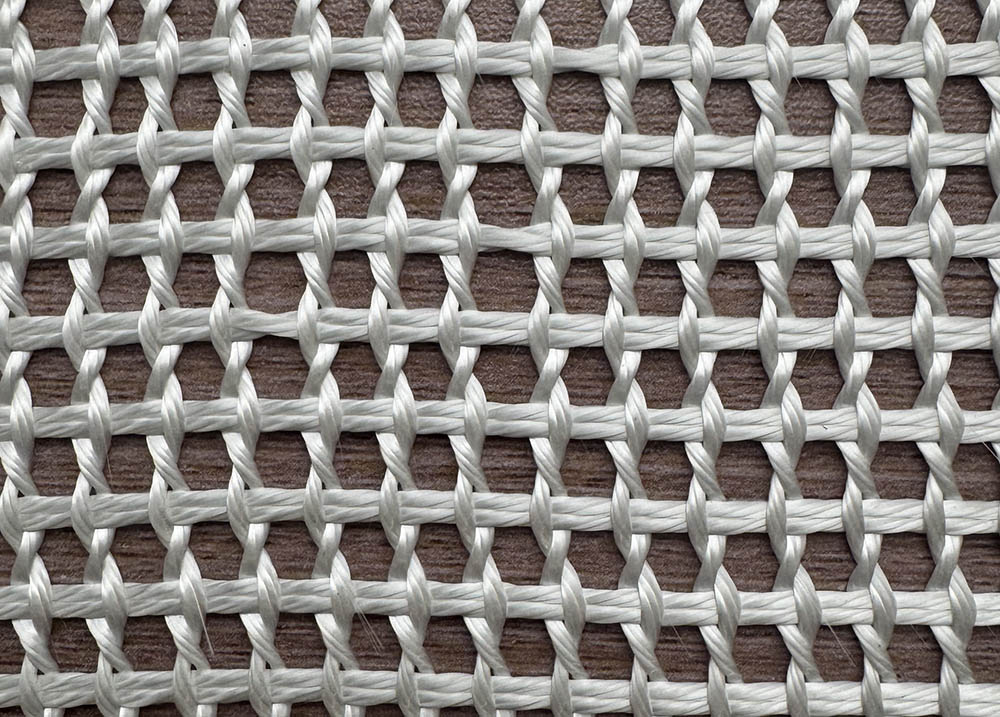Fiberglass Mesh for Wall and Plastering
Key Features
· High Strength: The 430 g/m² weight and 0.5 mm thickness offer excellent reinforcement for structural integrity and long-term performance
· Crack Prevention: Effectively reduces cracking and surface defects in plaster, mortar, and decorative coatings
· Versatile Use: Suitable for both interior and exterior walls, ceilings, and façades
· Load-Bearing Ready: Ideal for use in load-bearing structures and general renovation projects
· Easy Application: Integrates seamlessly into plaster or mortar layers for a smooth, professional finish
Applications
· Wall and Ceiling Reinforcement: Enhances durability and prevents surface cracking in construction and restoration work
· Plaster & Mortar Finishes: Strengthens various cementitious finishes, improving adhesion and surface stability
· Microcement and Decorative Coatings: Provides reliable support for thin-layer aesthetic finishes
· Renovation Projects: Strengthens aging or damaged substrates to ensure long-lasting repairs
How Fibreglass Mesh Maintains Long-Term Stability in Mortar, Concrete, and Insulation Layers
Fibreglass mesh is widely used in wall and plastering applications to reinforce materials and ensure long-term stability. Its durability in mortar, concrete, and insulation layers comes from several key properties:
1. High Alkali Resistance
Fibreglass mesh is treated to be alkali-resistant (AR), allowing it to withstand the high pH environment of cement-based materials without degradation.
This prevents fiber weakening or breakdown over time, maintaining structural integrity.
2. Corrosion Resistance
Unlike steel reinforcement, fibreglass does not rust or corrode.
This property ensures that the mesh continues to provide reinforcement and crack prevention even in moist or chemically aggressive environments.
3. Strong Adhesion with Base Materials
The mesh forms a solid bond with mortar, plaster, and insulation layers, distributing stress evenly and preventing delamination.
Good adhesion ensures the mesh remains embedded in the material throughout the service life.
4. Dimensional and Thermal Stability
Fibreglass fibers resist expansion, contraction, and deformation under temperature and moisture changes.
This stability minimizes stress concentrations that could otherwise lead to cracks or separation.
5. Reinforcement and Load Distribution
Acting as an internal reinforcement, fibreglass mesh helps distribute loads and stresses evenly across walls or plaster layers, maintaining long-term performance.
Fibreglass mesh ensures long-term stability in mortar, concrete, and insulation layers through alkali resistance, corrosion resistance, strong adhesion, and dimensional stability. This makes it a reliable solution for preventing cracks, delamination, and material degradation over time in wall and plastering applications.


